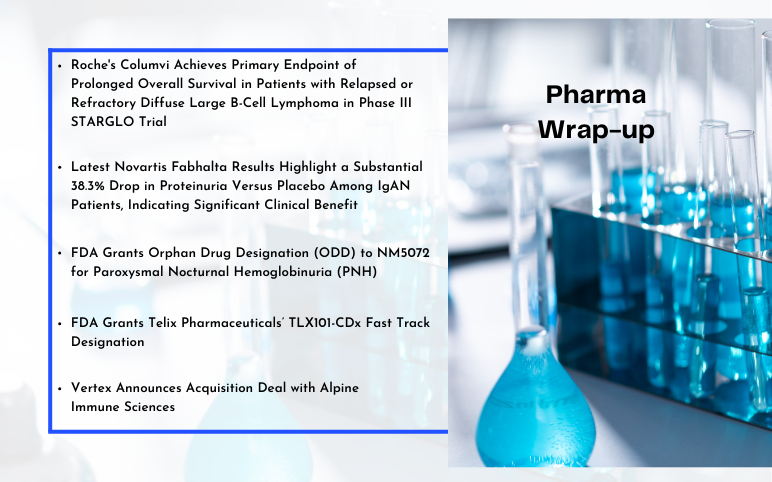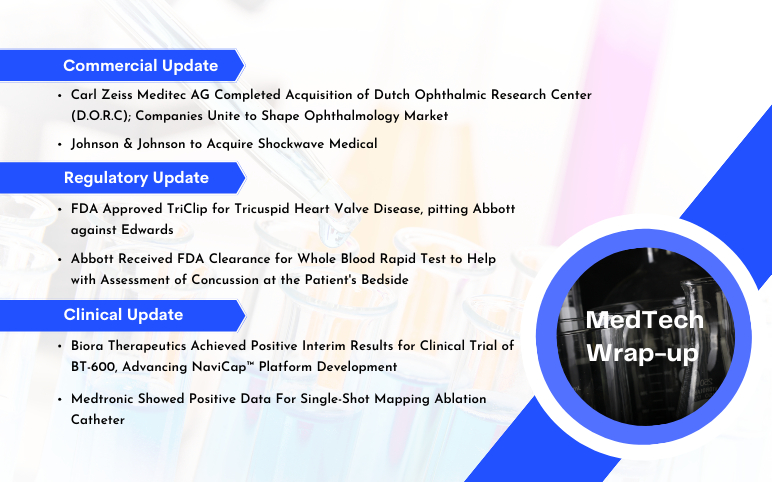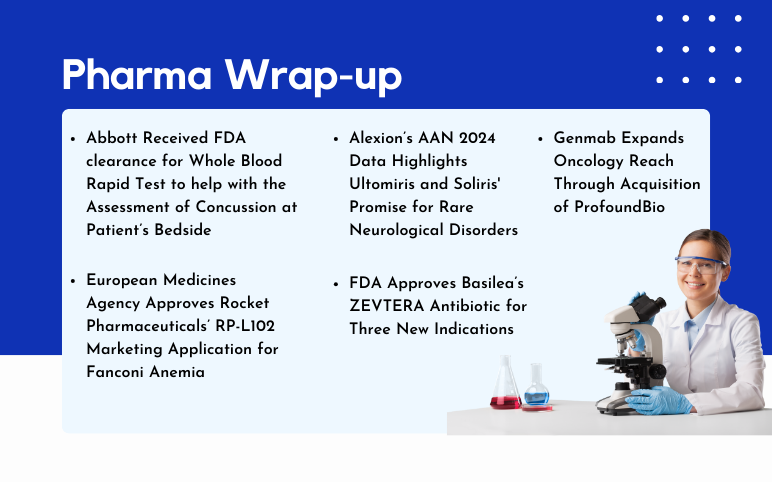Table of Contents
Recently, the US FDA has approved a new drug therapy to treat adults with interstitial lung disease associated with systemic sclerosis or scleroderma, called SSc-ILD.
Ofev (nintedanib) capsules, the drug developed by Boehringer Ingelheim Pharmaceuticals, has shown efficacy in slowing down the rate of decline in pulmonary function in systemic sclerosis patient pool.
Most of the systemic sclerosis patients suffer fatal death because of the loss of pulmonary function due to the lack of enough oxygen to the heart.
Ofev is an oral triple angiokinase inhibitor, which simultaneously inhibits vascular endothelial growth factor receptors (VEGFR 1-3), platelet-derived growth factor receptors (PDGFR), and fibroblast growth factor receptors (FGFR 1-3) signalling pathways.
These three different angiokinase receptors are not yet targeted simultaneously by any currently available therapies. The therapeutic candidate has been allotted Orphan Drug Designations from both FDA and EMA for the treatment of systemic sclerosis-associated interstitial lung disease (SSc-ILD). FDA has also granted Fast Track designation to Ofev for the treatment of SSc-ILD.
Systemic sclerosis
Systemic sclerosis or scleroderma (SSc) is a rare autoimmune disorder that affects connective tissues of the skin and internal organs.
The most prominent and noticeable symptom of the condition is a buildup of the scar tissues due to the excess collagen leading to hardening of the skin. As a consequence, the normal functioning of the skin, joints, tendons, ligaments, and internal organs gets hampered.
Estimating Systemic sclerosis Epidemiology is difficult
Systemic sclerosis Epidemiology estimation is not easy to calculate owing to the rarity of the disease and its quality to exhibit wide range of symptoms.
Systemic sclerosis is rare in children, however, can be noticed in people aged 20 to 50. This could be due to the fact that the symptoms begin to appear during midlife.
Systemic sclerosis prevalence is about four times more common in women than men. This is backed by a study led by Schwartz 2018, which observed that systemic sclerosis usually appears in women aged 30–40 years, and in slightly older men.
In approximately 85% of cases, systemic sclerosis develops in individuals aged 20–60 years.
As per the National Organization for Rare Disorders, systemic scleroderma is estimated to affect 40,000–165,000 people in the US.
No standard Systemic sclerosis Therapy so far
Systemic sclerosis is far more than just any inflammatory
There is no standard Systemic sclerosis treatment that effectively modifies the overall disease course.
The therapies present target specific organs and work to prevent irreversible damage to improve the quality of life and survival rate.
The Systemic sclerosis therapeutics market size is dominated by supportive therapies and current therapies and medications that focus on the four main features of the disease: inflammation, autoimmunity, vascular disease, and tissue fibrosis.
Currently, immunosuppressive agents such as methotrexate, cyclophosphamide, mycophenolate mofetil, Azathioprine, autologous stem cell transplantation, and others are therapeutic choices.
There are a number of Systemic sclerosis treatments, however, they have many limitations. Most of the therapies have some adverse effects and there is no single accepted medical Systemic sclerosis treatment for aggressive fibromatosis.
Systemic sclerosis Upcoming Therapies
Potential novel Systemic Sclerosis therapies are under development to improve the therapy landscape. Therapies such as monoclonal antibodies, cell-based therapies, and other novel molecules are in the pipeline stage of development.
For decades, clinical and molecular research focused on understanding the primary process of fibrosis. More recently, the inflammatory, immunological, and vascular components that precede the actual onset of fibrosis have become a matter of increasing scientific scrutiny.
Lenabasum (Corbus Pharmaceuticals), Tocilizumab (Roche), GLPG1690 (Galapagos NV) and FCX-013 (Fibrocell) are some of the Systemic Sclerosis upcoming therapies.
Companies working to advance Systemic sclerosis Therapy market
Major healthcare players, such as Corbus Pharmaceuticals, Boehringer Ingelheim, Roche, Kaken Pharmaceutical, GlaxoSmithKline, Novartis, Genentech, Galapagos NV, and Fibrocell, are involved in the development of therapies for the Systemic Sclerosis treatment.









-Agonist.png)


